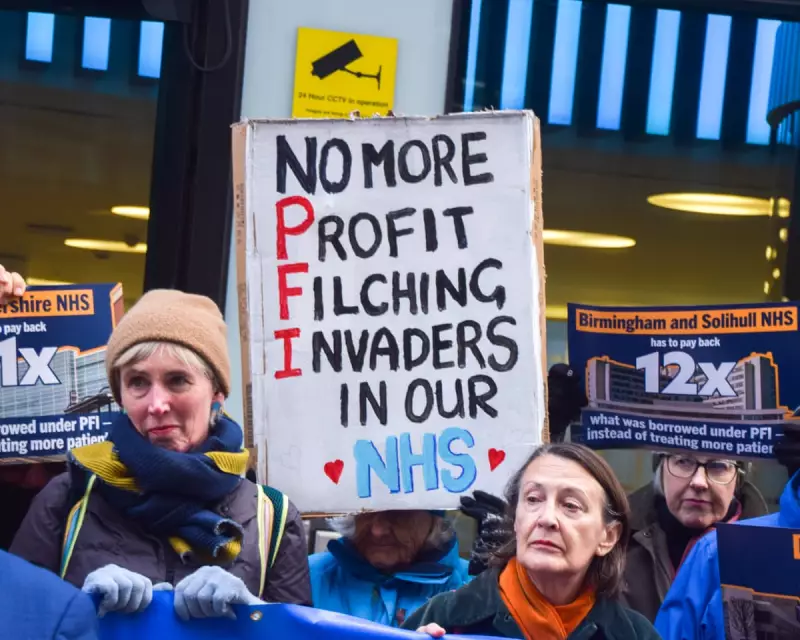
A devastating government-commissioned report has exposed a catastrophic failure in Britain's health investment strategy, revealing that every pound spent on the health service returned just 73p in value.
The Shocking Numbers Behind the Shortfall
The analysis, conducted by the Office for Health Improvement and Disparities (OHID), examined £8.6 billion of taxpayer money allocated to the Department of Health and Social Care between 2021 and 2024. The findings paint a bleak picture of financial mismanagement and strategic failure.
According to the report, the investment should have generated £10.7 billion in returns to deliver value for money. Instead, it produced only £7.8 billion - leaving a staggering £2.9 billion shortfall that represents a massive waste of public funds.
Professor Sir Michael Marmot, director of the UCL Institute of Health Equity, didn't mince words when responding to the findings. "This is a disastrous return on investment," he stated. "It reflects a failure to invest in the building blocks of health, focusing instead on treating illness rather than preventing it."
The Prevention Paradox: Spending Less Costs More
The report identifies a critical flaw in the government's approach: the systematic defunding of prevention measures. Spending on prevention activities collapsed to just 4.2% of the total health budget in 2023-24, down from 5.2% the previous year.
This represents a dramatic departure from established best practices. The government's own 2019 prevention green paper had advocated for shifting focus toward preventing poor health rather than simply treating it. Yet the opposite has occurred, with prevention becoming the first casualty of budget pressures.
David Finch, assistant director of the Health Foundation, highlighted the consequences of this approach. "The short-term savings from cutting prevention will lead to much higher costs down the line," he warned. "We're essentially mortgaging our future health to balance today's books."
Broken Promises and Political Failure
The situation becomes even more concerning when viewed against political promises. The Conservative government had explicitly pledged to increase the proportion of prevention spending in their 2019 election manifesto. Instead, they've presided over a significant reduction.
This failure comes at a time when the NHS faces unprecedented pressures. Waiting lists for routine treatments in England have grown to 7.7 million people, while the health service struggles with workforce shortages and ageing infrastructure.
The report suggests that redirecting funds toward prevention could have alleviated these pressures. Evidence shows that every £1 invested in public health interventions can generate up to £4 in economic benefits through reduced healthcare costs and increased productivity.
As Britain faces growing health challenges, including an ageing population and rising chronic conditions, the failure to invest wisely in prevention threatens to undermine the very sustainability of the NHS. The £2.9 billion shortfall identified in this report represents not just wasted money, but wasted opportunity to build a healthier, more productive nation.





